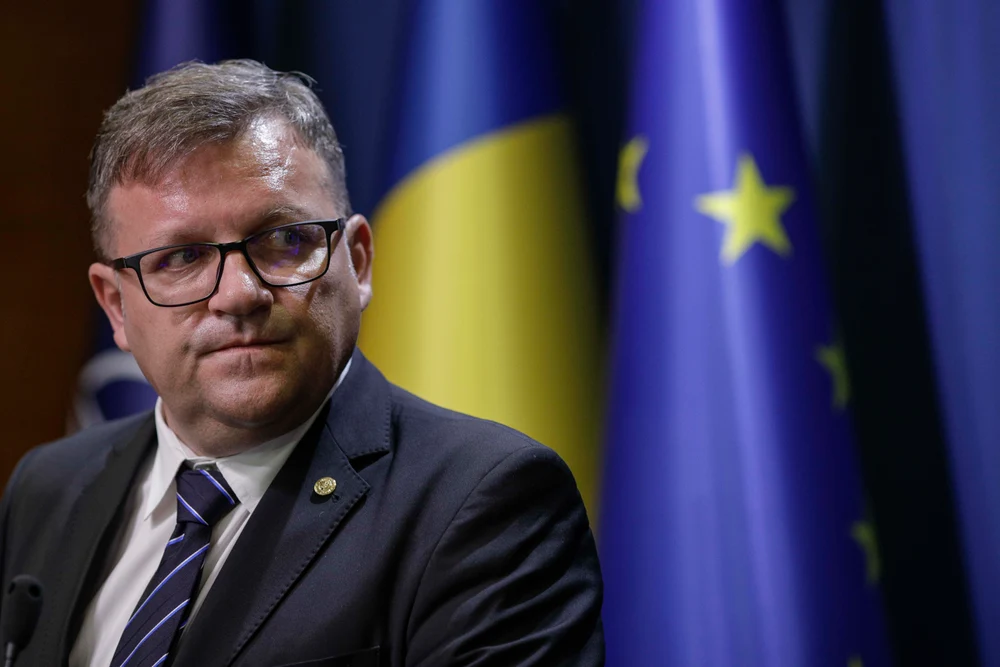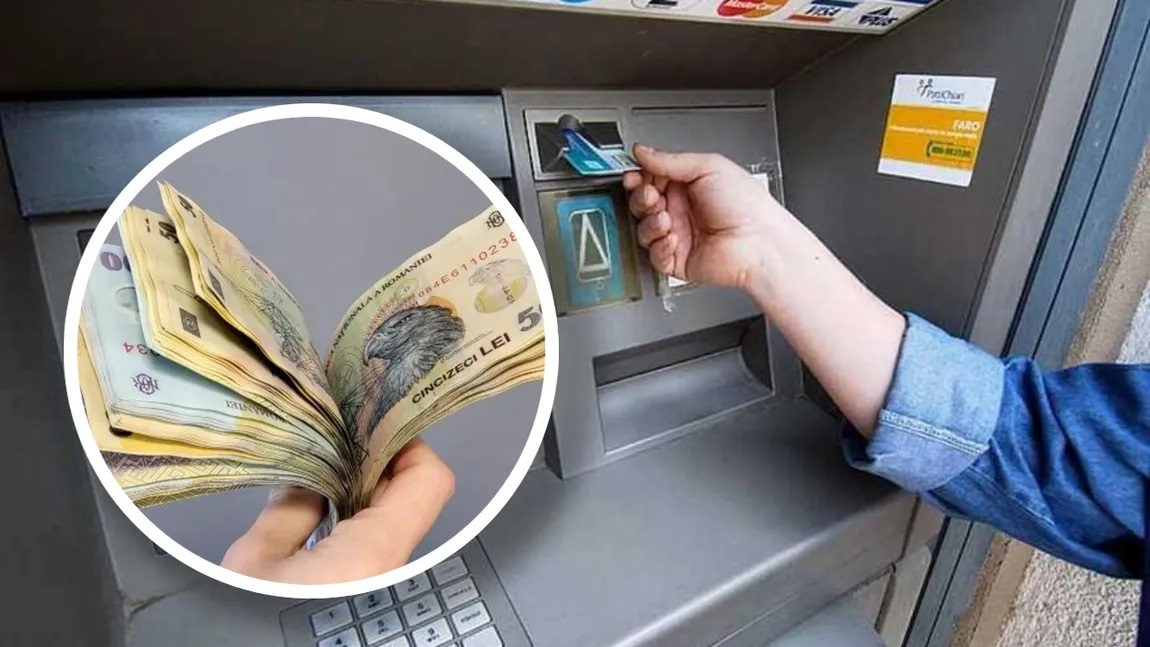If they were to run out of income, 65% of Romanians would not be able to cover their expenses for even a week. Almost half (46%) do not save, and of those who do, 27% do not put money aside in an emergency fund, according to the latest national study on Romanians' attitudes and habits in the financial field conducted by KRUK Romania and IRES.
By comparison, 25% of Poles say they could live for at least a year on the money accumulated in an emergency fund.
"There is a key difference between money set aside for imminent situations, to which we have immediate access, and long-term savings. The first step Romanians concerned about financial independence should take is to ensure an emergency fund, which is always at hand. In fact, budget planning and saving define a community's financial literacy level," said Liviu Costică, COO of KRUK Romania.
"In Romania, half of the population manages their budget responsibly, planning monthly expenses, and little over 50% would put their money to work if they had a large amount," he added.
Roughly 29% of Romanians never plan their budget, and 30% can afford to buy only what is strictly necessary, the same study revealed. However, 10% of the population cannot afford basic expenses, while in Poland, the percentage of those with insufficient income is only 3%.
If they had a large sum of money at their disposal, 14% of Romanians would not save at all. Otherwise, most (33%) would deposit the money at the bank or invest in real estate (11%), while only 5% of those surveyed would open a business, and 2% would be willing to invest on the stock exchange. 14% of the population would keep the money at hand.
In terms of priorities, the majority of respondents first pay their utilities and services (98%), then the usual household purchases (95%) and the health expenditure (95%). Instalments (88%) would be paid before the transport (76%) and education costs (68%).
Romanians accumulate arrears especially on bills, due to too little income or unforeseen situations, the same source found. Their percentage (18%) is almost double the one registered in Poland (10%), and the comparative analysis also reveals differences in terms of debt responsibility: only 32% of Romanians believe that they are personally responsible for the difficulties caused by the failure to pay financial obligations on time, compared to 43% of Polish respondents.
On a more positive note, the study also said that the average amount saved by those who manage to put money aside has increased to RON 1,314 in 2023 (from RON 960 in 2021 and RON 1,125 in 2022). Also, the percentage of those who manage to save over RON 1,000 per month increased from 20% last year to 27% in 2023.
KRUK Romania and IRES conducted the research in November 2023 on the active population of 18 to 65 years.
KRUK Romania has been present in the debt management market since 2007 and currently has offices in Bucharest and Târgoviște and over 600 employees.
(Photo source: Vlad Ispas | Dreamstime.com)
























 English (US) ·
English (US) ·  Romanian (RO) ·
Romanian (RO) ·